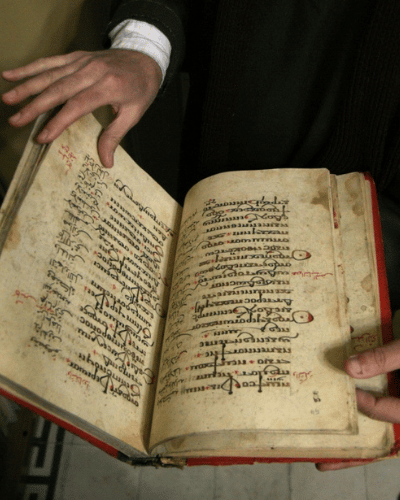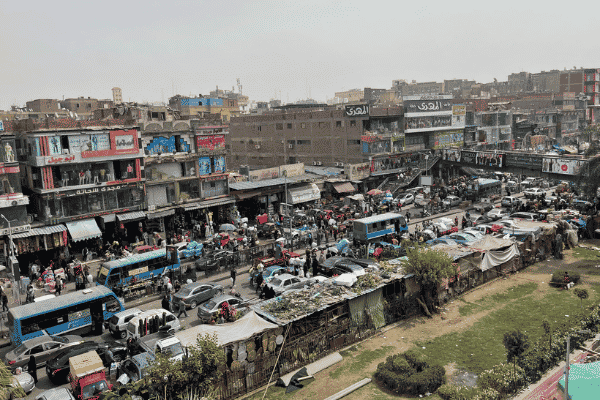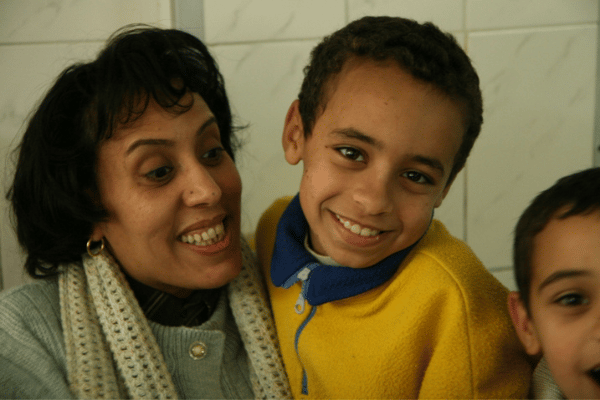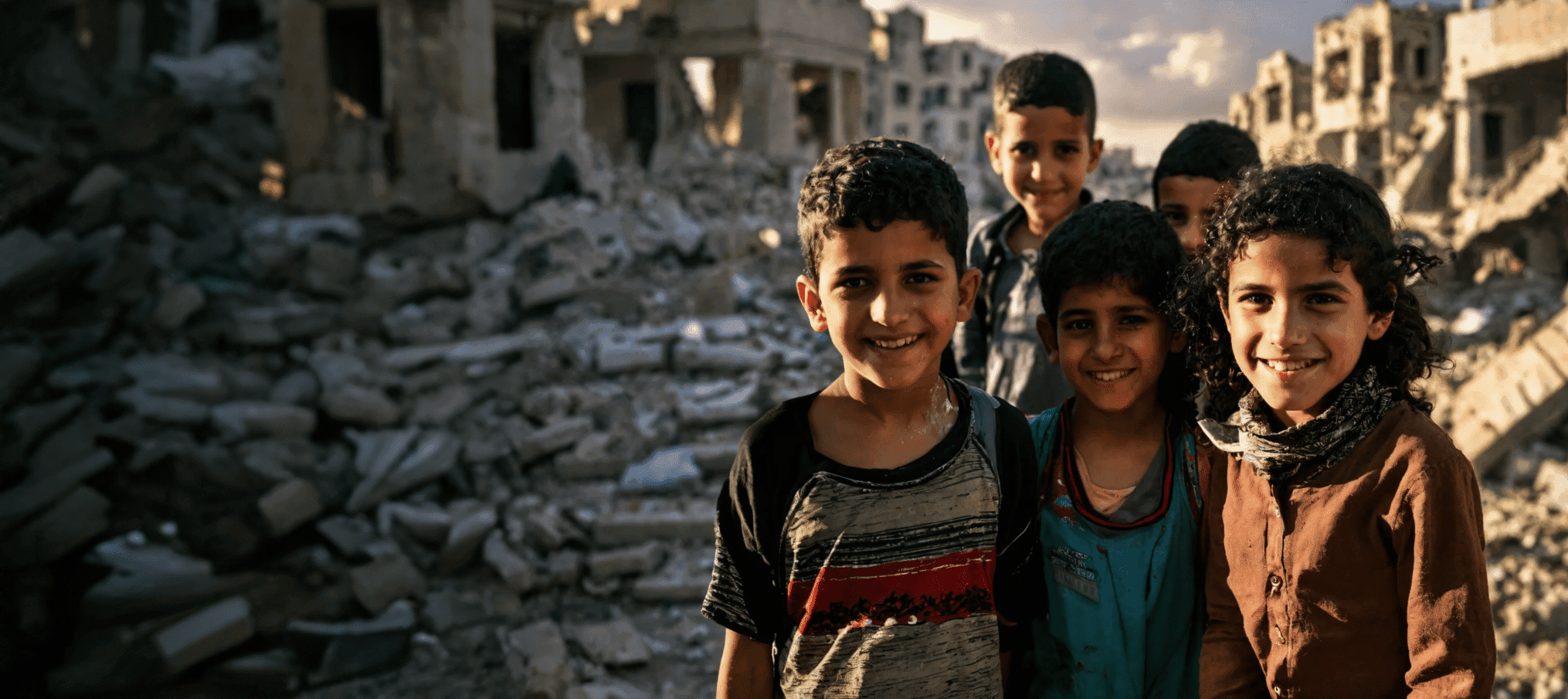"A center of Oriental Studies on Christianity. That's what we want to work on today". To speak in this way, with satisfaction, is Father William Faltas, Franciscan of the Custody of the Holy Land and guardian father of the Muski convent, in the capital of Cairo.
Father William speaks of the Franciscan Center for Oriental Christian Studies, which was founded in the Muski district of Cairo as early as 1954, on the initiative of the Franciscan Custody of the Holy Land. "The center is important," continues Father William, "because there you can find numerous manuscripts, several icons, ancient objects ...". And in fact, over the course of its more than fifty-year existence, the study center has seen its collection of materials expand.
Initially a simple library, little by little it acquired numerous historical and cultural assets that today crowd its rooms.
The Study Centre as a meeting place
And it is interesting to note, as Father William also points out, that alongside the manuscripts and objects related to the history of the Latins in Egypt, there are also numerous icons and many objects from traditions other than the Catholic one.
The center, in fact, in addition to being open to the study of all christianity in the East – and therefore not only of Catholicism – presents itself as a real meeting place of the various souls of this religion in a land that places them next to each other in a unique mosaic.
And then, this center of Christian studies was born with a very particular vocation to all-round knowledge. If you read, in fact, the history of the foundation of this institution, it turns out that, initially, it was thought to dedicate the courses to be carried out within it to subjects taken from the Islamic religion and the Arab world in general.
In short, this strange kind of Egyptian 'Catholic University' really stands as a place of deepening and questioning of the Arab world, Christian and beyond, which presupposes an intense dialogue between the numerous – and disparate – currents that populate it.

The change of the Muski district
This is what makes the Franciscan Center for Oriental Christian Studies an important project, which must be carefully preserved. Father William also emphasizes this, arguing that today the greatest work consists in "creating a modern center for good", which can make the best use of "the beautiful land that was donated to the Franciscans right near the convent".
Land that, precisely, is located in the Muski district of the Egyptian capital of Cairo. It is here that stands, since the seventeenth century, the Franciscan parish of the city. Florida until the early twentieth century, the church of Santa Maria Regina d'Egitto, seat of the cathedral, saw the number of faithful drastically decrease during the second, convulsive middle of the century. It was a time when Egypt experienced great upheavals, mass exoduses and a great gap between rich and poor.
Muski became a rather shabby neighborhood, often inhabited by destitute people, perpetually shrouded in a cloud of dense gray that continuous traffic does not help at all to thin out.

Pro Terra Sancta next to the Franciscans
Here the Franciscans began to structure projects of assistance and education towards the weakest people. And Pro Terra Sancta assisted the Muski convent in these initiatives.
As Father Faltas pointed out: "Pro Terra Sancta helps the poor of the neighborhood a lot. We can assist, in this way, children (we have recently taken steps to adopt four twins who were born there and for whom the family could not provide); as well as the elderly and widows, who often need a hand for medical expenses. Thanks to Pro Terra Sancta we are also helping an orphanage outside Muski, near Bur Saied[said port].
And then, alongside economic assistance, there are projects of real promotion of people. We have already spoken about schools elsewhere, and we have seen that the commitment to the center for Christian studies is being renewed. Alongside this, a remarkable result is the replacement of some beds for the sick in the medical clinic located near the Muski convent. Father Faltas says: "the old 'benches' for the sick were broken: they risked tearing off the clothes of the sick; they did also cause excoriations or wounds. We changed them, and now we have taken new equipment for hospitalization".
A commitment to growth
And next to the Muski convent, the support of Pro Terra Sancta is addressed to many other Catholic realities that work in Cairo. It is Father Faltas himself who cites two of them, as an example: "The Sisters of Saint Vincent de Paul and the Elizabethan Sisters". With regard to these congregations too, commitment to the assistance and promotion of the poorest constitutes the most consistent raison d'être of their mission.
"Pro Terra Sancta assists us in a really precious way", concludes Father William, confirming the figures reported on the social report for the year 2021, "and we hope this year to be able to dedicate part of the funds to the study center, to be able to make it a modern center, to do it well".



















